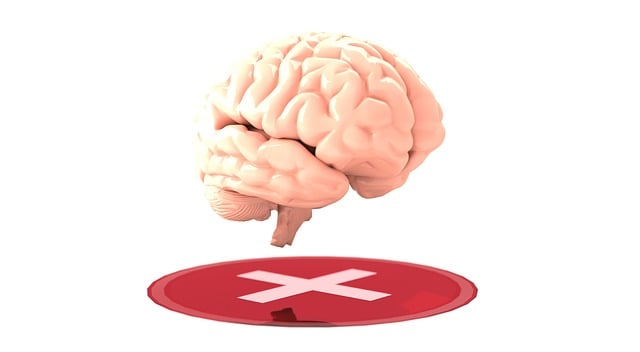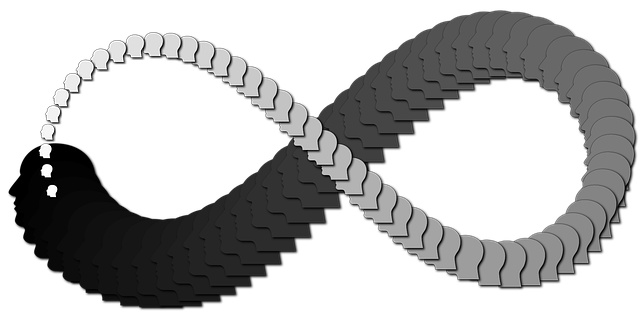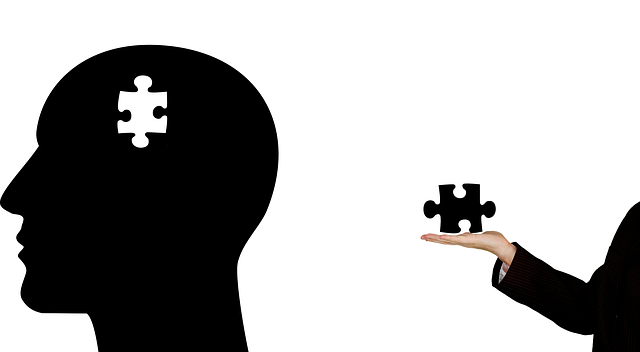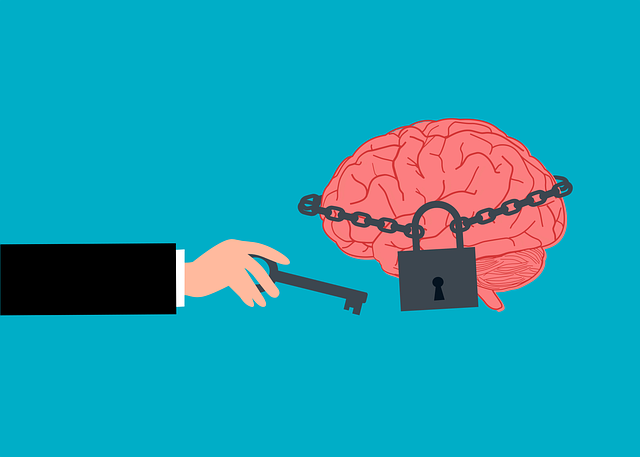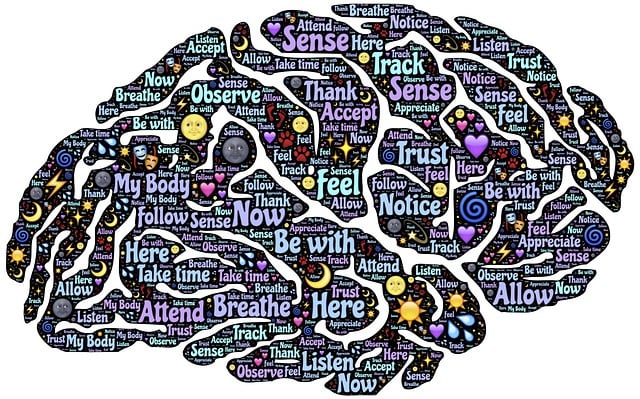Westminster Young Adults Therapy (WYAT) emphasizes the critical need for early intervention in mental health support, tailored to the unique challenges of young adults, such as academic pressures and identity formation. Traditional therapy models often fall short, hence the introduction of self-assessment tools like Mental Wellness Journaling Exercises, which empower individuals to track moods, identify triggers, and develop coping skills, fostering self-awareness and resilience. WYAT offers practical Self-Awareness Exercises based on Mind Over Matter principles, encouraging active participation in well-being management. Continuous improvement, guided by user feedback and evidence-based interventions like Social Skills Training and Self-Esteem Improvement, ensures these tools remain relevant and accessible for young adults navigating their mental health journeys within the WYAT setting.
Mental wellness self-assessment tools play a pivotal role in supporting young adults, especially those engaging with services like Westminster Young Adults Therapy. This article explores the development of such tools, focusing on their necessity in mental health care, design considerations for effectiveness and accessibility, and implementation strategies to enhance ongoing assessments. By delving into these aspects, we aim to highlight how tailored self-assessments can foster better mental wellness outcomes for young adults in Westminster.
- Understanding the Need for Self-Assessment Tools in Mental Health Support for Young Adults
- Designing Effective and Accessible Self-Assessment Tools for Westminster Young Adults Therapy
- Implementation and Continuous Improvement Strategies for Enhancing Mental Wellness Self-Assessments
Understanding the Need for Self-Assessment Tools in Mental Health Support for Young Adults

The importance of early intervention and proactive mental health support for young adults cannot be overstated, especially in today’s fast-paced and demanding world. Westminster Young Adults Therapy recognizes that many young individuals face unique challenges that can impact their mental wellness, such as academic pressures, social expectations, and identity formation. These stressors can contribute to the development or exacerbation of mental health concerns, including anxiety, depression, and stress-related disorders.
Traditional therapy models often lack the accessibility and self-paced nature needed to cater to the diverse needs of young adults. This is where self-assessment tools come into play as a valuable resource. A Mental Wellness Journaling Exercise Guidance tailored for this demographic can empower individuals to take charge of their mental health journey. By providing guidance on tracking moods, identifying triggers, and cultivating coping skills through journaling practices, these tools foster increased self-awareness and resilience. Moreover, Coping Skills Development becomes more effective when young adults have access to user-friendly resources that support them in navigating their emotional experiences independently. Enhancing Mental Health Awareness among this age group paves the way for a more proactive approach to well-being.
Designing Effective and Accessible Self-Assessment Tools for Westminster Young Adults Therapy

Developing effective self-assessment tools for Westminster Young Adults Therapy (WYAT) requires a deep understanding of the unique challenges and needs of young adults in this demographic. The goal is to create accessible resources that facilitate self-exploration, foster mental wellness, and promote personal growth. Integrating Mind Over Matter principles into these tools can be transformative, encouraging individuals to take an active role in their well-being. By providing practical Self-Awareness Exercises, WYAT aims to empower young adults with the skills to recognize and manage stress, anxiety, or potential burnout—a common issue among this age group.
Designing these assessments should involve a blend of scientific validity and user-friendliness, ensuring they cater to diverse learning styles and comfort levels. Incorporating interactive elements, clear instructions, and diverse formats like written, visual, or audio resources can enhance engagement and accessibility. By making self-assessment tools an integral part of WYAT’s offerings, young adults are encouraged to proactively nurture their mental health, setting them on a path towards improved resilience and overall well-being.
Implementation and Continuous Improvement Strategies for Enhancing Mental Wellness Self-Assessments

Implementing effective mental wellness self-assessment tools is just the first step; continuous improvement strategies are essential to ensure their long-term success and impact, especially when tailored for vulnerable populations like Westminster Young Adults Therapy. Regular feedback from users can provide valuable insights into the tool’s effectiveness, usability, and cultural sensitivity in mental healthcare practice. This data should be meticulously analyzed to identify areas for enhancement, ensuring that the self-assessments remain relevant, engaging, and accessible.
For instance, integrating Social Skills Training components into the assessment process could benefit users by addressing interpersonal challenges common among young adults. Similarly, incorporating strategies for Self-Esteem Improvement can empower individuals to better recognize their strengths and cope with perceived weaknesses. By embracing a dynamic approach that incorporates user feedback and incorporates evidence-based interventions, mental wellness self-assessment tools can evolve to meet the diverse needs of Westminster Young Adults Therapy clients.
The development of mental wellness self-assessment tools, as demonstrated by the successful implementation of Westminster Young Adults Therapy’s accessible and effective approach, is a vital strategy for enhancing mental health support. By empowering young adults to take an active role in their well-being, these tools can act as valuable indicators, enabling early interventions and personalized therapy. Through continuous improvement strategies, such as regular user feedback, the assessment process can be refined, ensuring it remains relevant and effective in supporting the unique needs of this demographic. This iterative process is key to fostering robust mental health practices within Westminster Young Adults Therapy and beyond.

